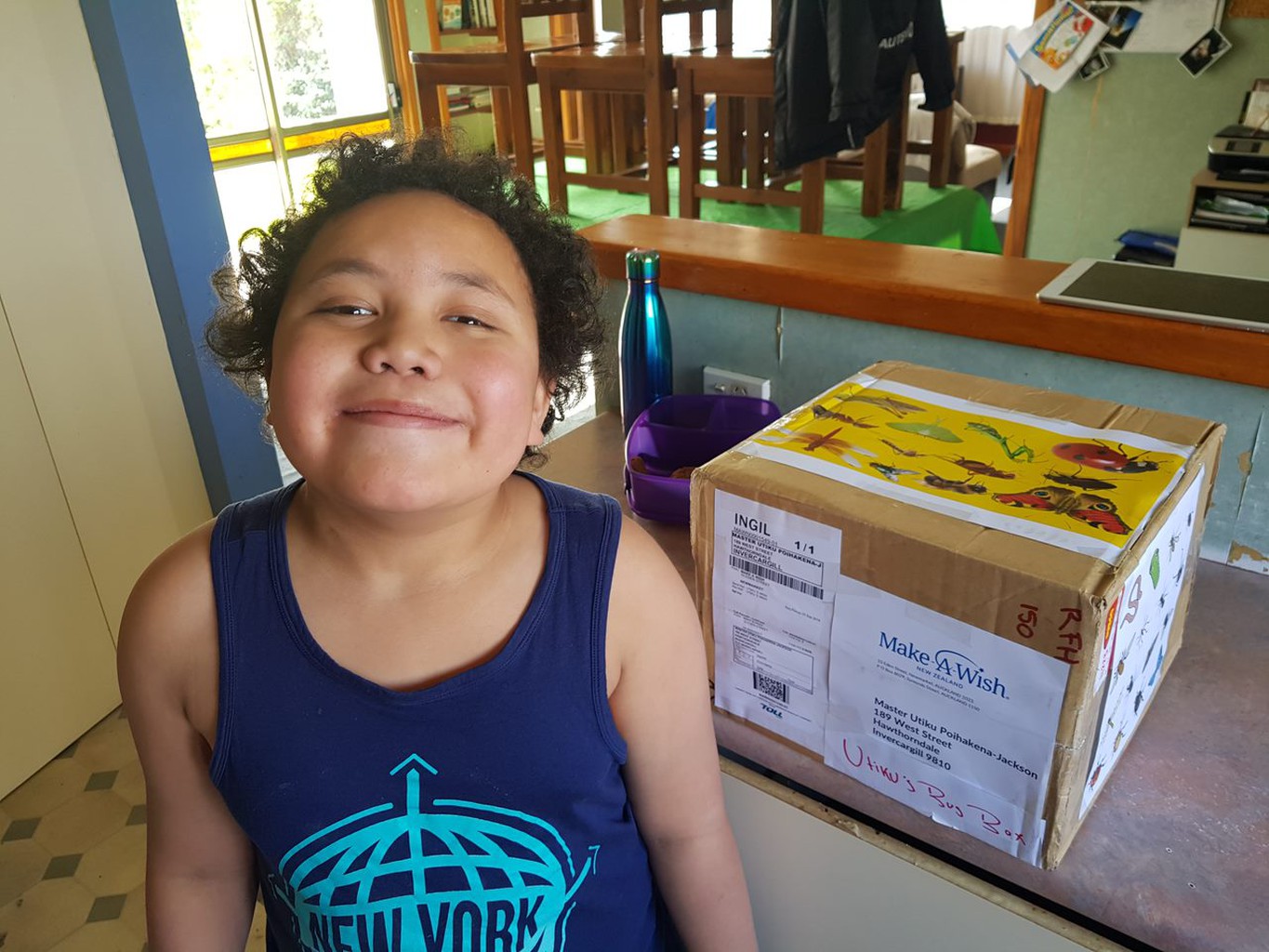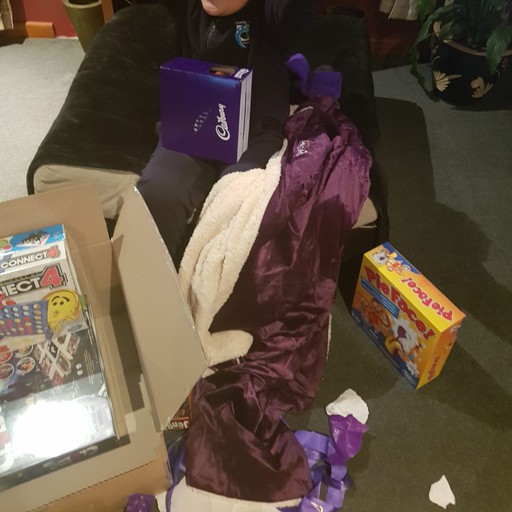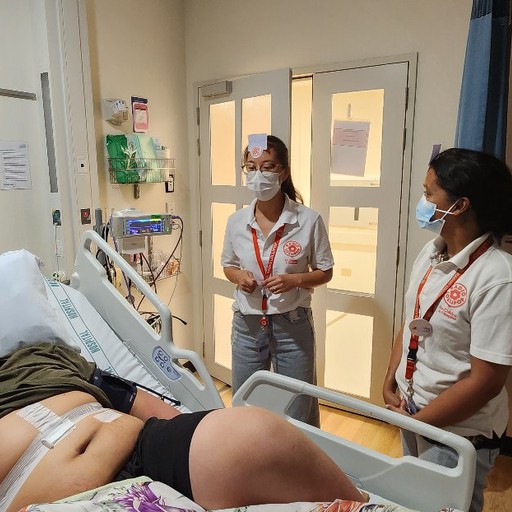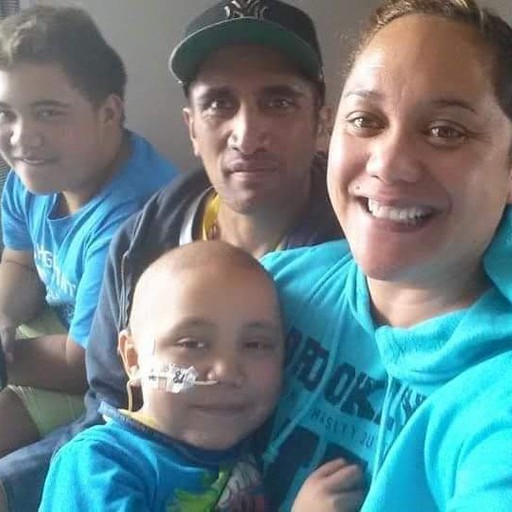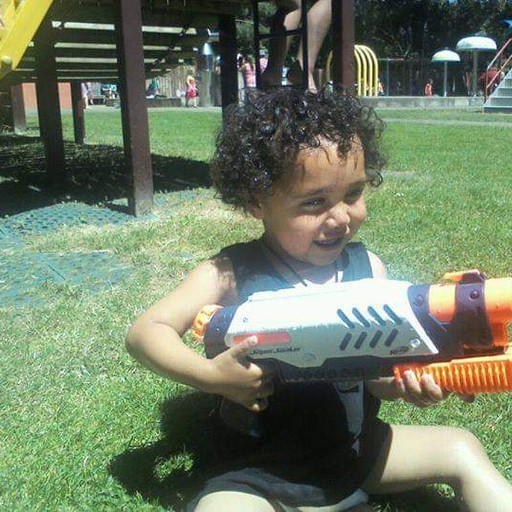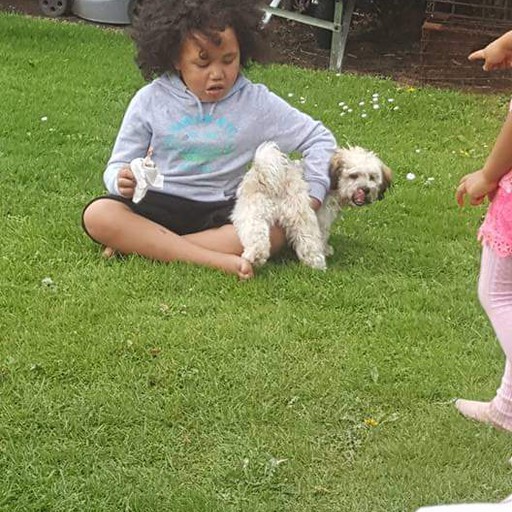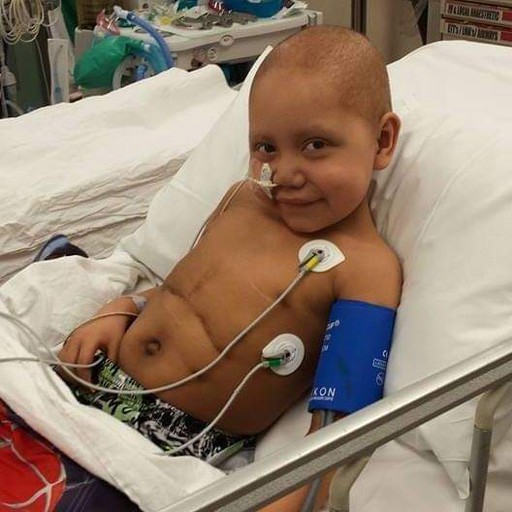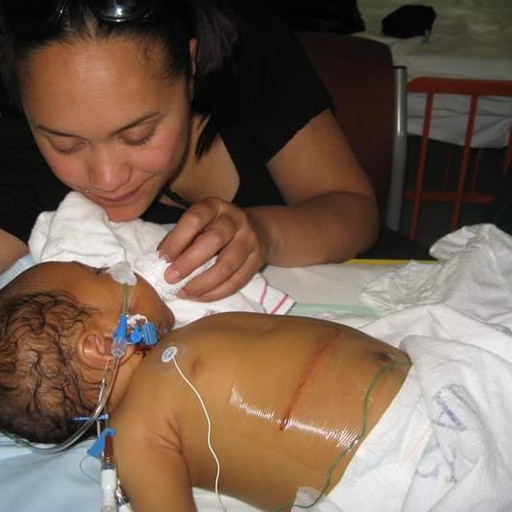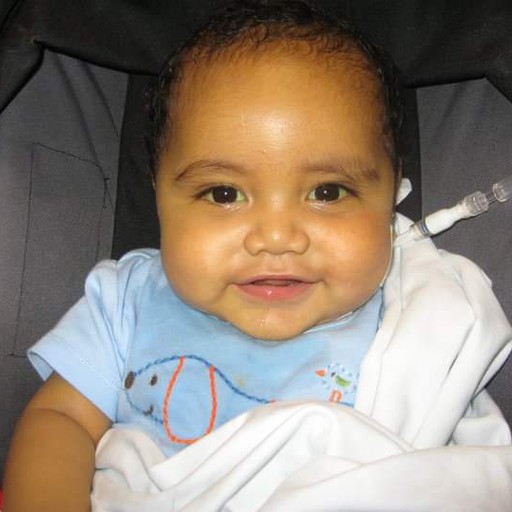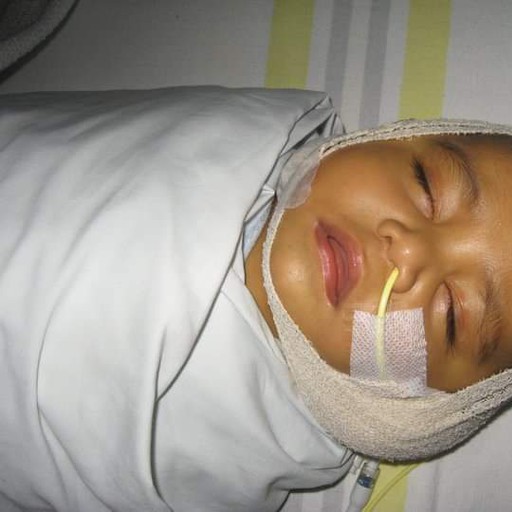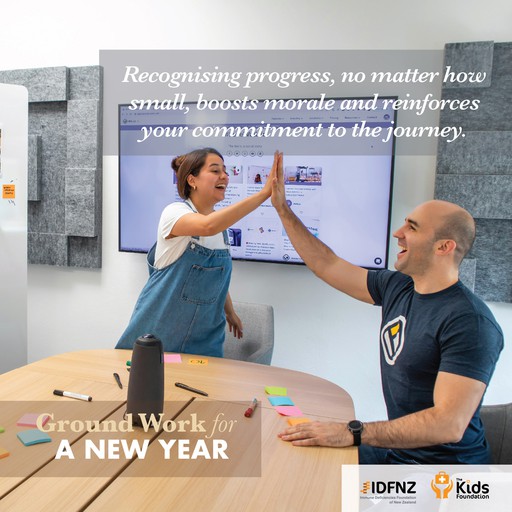My Story:
Utiku
From Invercargill
As the third child for mum Gina, Utiku was born seemingly healthy. He seemed happy and was hitting all his milestones. However, by about six weeks when the jaundice he had been born with didn’t dissipate, Gina knew there was something wrong.
She spoke with her midwife, Plunket nurse and doctor about her worries and was only told to stop breastfeeding him. Luckily, Gina continued to speak to Utiku’s medical professionals and was at the doctor when and intern from Starship who worked in the gastro ward and was checking test results, saw no liver function on one of the tests that had been run. Knowing that this was a red flag, tests were run for every other possible illness. Utiku’s bilirubin was the highest the doctors had ever seen when they tested that and within hours, Utiku was put on a flight to Starship. At 11 weeks old, he was diagnosed with Biliary Atresia.
The family spent just over a year at Starship and Ronald McDonald house. With whanau in the Southland, it was a traumatic event to be so far away from support for so long. Utiku’s dad had to stop full time work so that he could care for the two older children while Gina and Utiku were away. Gina admits they could have done with the support of family or friends nearby. To help navigate these changes, Gina advises families who are going through the same thing to let each family member know the routines, especially if Dad or Mum are taking over routines that they haven’t been a part of before. Utiku and mum stayed for three weeks at Starship and then went home for a visit before returning once more. Taking all forms of ID and communication at this times helped Gina keep track of what was needed and allowed transitions like this to happen smoothly. There was help available such as WINZ forms which the ID helped with.
Gina also advises not to take a lot of things like clothes as these items can be purchased for cheaper in Auckland. Taking important items was a lot better than worrying about packing clothes. At this time, the medical professionals found that the toxins in Utiku’s body weren’t being filtered out through is liver. That’s when Utiku’s family were told that the Kasai procedure that had been done had failed. Unfortunately, if Utiku had been diagnosed earlier there would have been a higher chance of the Kasai working.
Throughout this, Utiku was a happy bouncing baby. To look at him you would have never picked that he was so sick. Utiku was place on the transplant list. Gina was tested to be a live donor. She was told she needed to lose weight and spent the next nine months that Utiku was in hospital working to see if she qualified to be his donor. During this time Gina says that they were so lucky to be supported by IDFNZ. They were helped with so many things such as food, petrol, accommodation, and holiday houses.
At nine months old, Utiku went into Liver failure. Unless and outside ‘dead’ donor was found, he wouldn’t have a chance. Gina was told this without the support of her family around her, something she felt was traumatizing and which she spoke to the doctors about later on. Two days later, Gina’s sister came to visit. She had felt the need to go and support Gina and Utiku. When his aunt visited, Utiku, who had been lethargic and not well, clung to her. Upsettingly, Utiku’s body was starting to shut down. His aunt saw how dire his need for a new liver was and the day she was meant to leave, instead was tested to become a live donor for her nephew.
Within a week, she was able to go home and tell the family what was happened, as well as get herself ready, before returning to give her nephew the amazing gift of a new liver. Gina’s parents and partner returned with her sister to support them through the next step. Utiku’s aunt took away the stigma of what a ‘live’ donor should be like. She refused to give up smoking, and watch what she ate and drank. Her liver was perfect and at that time, there were six other families waiting for donors. Seeing Utiku’s aunt donate, they stepped forward to find donors with less rigid ideas about how those donors should live their lives and monitor their health. The transplant was a success. For five years, Utiku was happy, healthy and living a life as close to normal as possible.
Unfortunately, at six years old he developed a form of liver cancer, which had always been a possibility due to the immunosuppressant medication he was on. He had been bitten by a white tail spider and a mass had formed around the bite and progressed through his body. He was taken to the hospital and then transferred to Starship. Utiku was diagnosed with Burkitt lymphoma which spread through his lymphatic system. He was treated with chemotherapy. Gina approached this in a different way with Utiku. As he had been through so much already, she was able to encourage him that he could get through this too. She wants to encourage families to do the same with their sick children. She says that speaking openly about what was happening and what the hospital environment would be like is important.
Gina had the medical teams speak to Utiku so that he could understand what was happening and what they were doing. She would think about tests and monitoring as things that she could defer if she felt it was beneficial to Utiku, questioning if ot was necessary right now or would it be detrimental to him. Gina also struggled with anxiety at this time as she couldn’t control what was happening. Due to this she took ownership of Utiku’s care. When Utiku was tested or procedures had to be done, his safe space was back in his room with his mum. She gave him ownership and the right to say no to things if he wasn’t ready or scared. And after speaking with the nurses and doctors about this they were happy to respect Gina and Utiku’s wishes.
Gina says that families need to make the room their own space and feel that they can ask the medical professionals to respect that space. Boundaries are a good way to do this and families should lay these boundaries as soon as possible to make things easier for everyone. Routine was also important for Utiku. And taking some time to have your own space or a breather when you’re a parent is also important. Utiku also has a certain duvet set for hospital that he feels comfortable with, as well as other items which make his bed and hospital room his safe space. After six months of chemo, Utiku was doing better. He had been transferred to Christchurch hospital after three months of chemo and finished the rest of his treatment there to be closer to family.
Gina looked into detoxifying treatments and gut health to support his recovery. Due to this, Utiku was finished chemo in six months. He was then home-schooled to help keep him healthy. They also used natural Ma-ori healing to help his body strengthen. Utiku is still a child at heart, even now. He is not bogged down by the negative things of life. He is happy just being. His health is positive and everything is going well. February was his last appointment at Starship and he is well on the way to a healthy, normal life.
We wish you all the best Utiku.

